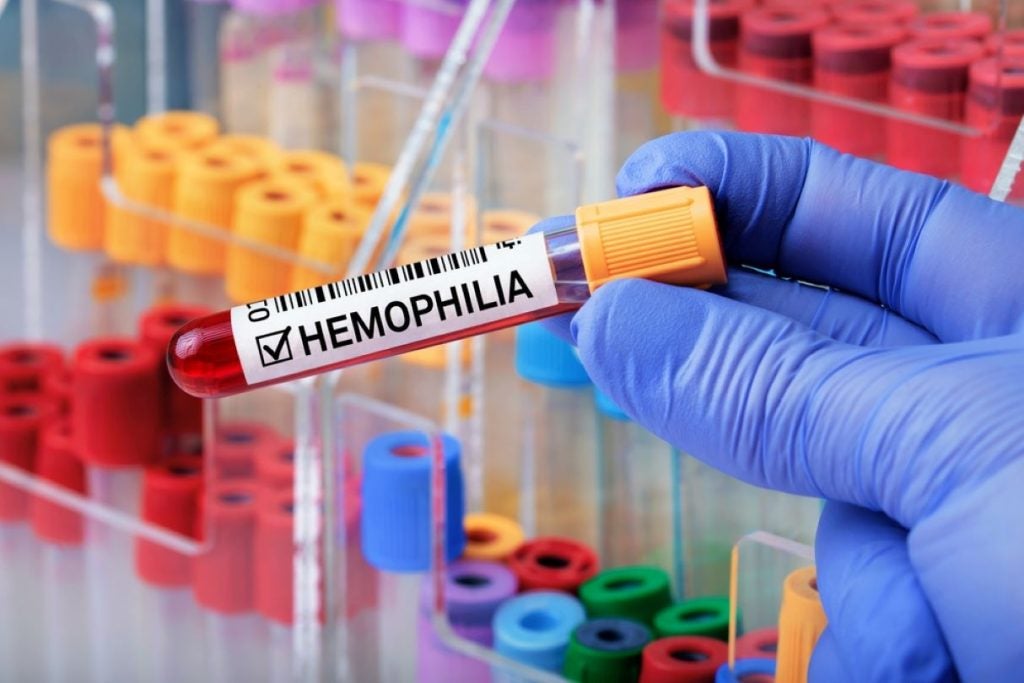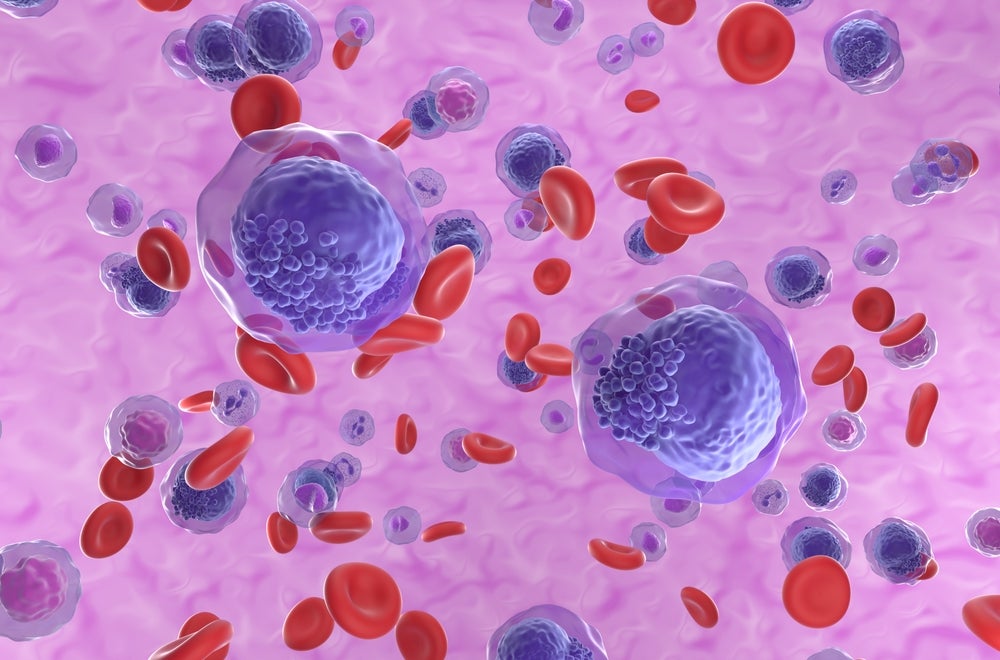
SparX Group and Arovella Therapeutics have collaborated on the development of a chimeric antigen receptor invariant natural killer T (CAR-iNKT) cell therapy for the treatment of solid tumours.
The CLDN18.2-CAR-iNKT cells were designed using SparX’s monoclonal antibody, SPX-101, which targets the Claudin 18.2 (CLDN18.2) tumour-specific antigen. SPX-101 was designed using the company’s Sailing discovery platform to target CLDN18.2, which is expressed in gastric cancer and other forms of solid tumours.
CAR-T cell therapies have risen in prominence in recent years, with multiple cell therapies being approved for use. GlobalData forecasts the CAR-T cell market to be worth around $25bn in 2028, with more than 100 different CAR-T therapies currently in development.
One of the approved CAR-T cell therapies, Gilead’s Yescarta (axicabtagene ciloleucel), pulled in $380m in sales in Q2 2023, as per the company’s Q2 financials. It was first approved for the treatment of relapsed/refractory diffuse large B cell lymphoma but has since been approved for other indications.
GlobalData is the parent company of Pharmaceutical Technology.
iNKT cells are a specialised subset of T-cells that have tissue infiltration capabilities along with the ability to suppress tumour cells including myeloid-derived suppressor cells (MDSCs) and tumour-associated macrophages (TAMs).
iNKT cell therapies could have a superior safety profile compared with the alternative T cell therapies, with a reduced propensity for cytokine release syndrome, based on a 10 October press release.
Arovella has raised $7.9m in the past year from two oversubscribed placements and a share purchase plan, based on the company’s June 2023 annual report. The funds are expected to advance the clinical development of ALA-101 for the treatment of CD19-positive non-Hodgkin's lymphoma.
Cell & Gene Therapy coverage on Pharmaceutical Technology is supported by Cytiva. Editorial content is independently produced and follows the highest standards of journalistic integrity. Topic sponsors are not involved in the creation of editorial content.















